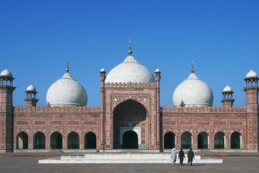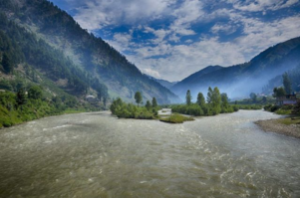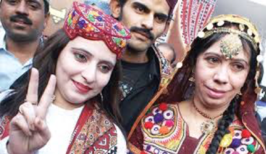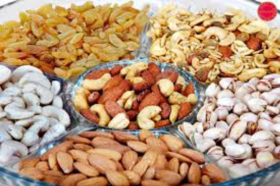February 2019 Humphrey Secretariat Post
 Hello everyone. My name is Farida Himat Khan and I am from Pakistan. I graduated as a registered nurse from Aga Khan University School of Nursing in 2002 and in 2013, I completed an MPhil degree in Health Sciences Education from Stellenbosch University at Cape Town, South Africa. I have been working as a nurse educator for the last 17 years. I worked with public, private and Non-Governmental Organizations to strengthen the academic and clinical standards of nursing profession in Pakistan. I am the founding Principal of Islamabad Nursing College, a project of Healers Educational Society and Islamabad Medical & Dental College. As a nurse, my services are not limited to the professional paid work but also involved voluntary services. I worked as the chairperson of the Aga Khan Local Health Board Rawalpindi jurisdiction, where I planned community health awareness activities and assisted vulnerable patient populations in accessing discounted treatments in the major cities of Pakistan.
Hello everyone. My name is Farida Himat Khan and I am from Pakistan. I graduated as a registered nurse from Aga Khan University School of Nursing in 2002 and in 2013, I completed an MPhil degree in Health Sciences Education from Stellenbosch University at Cape Town, South Africa. I have been working as a nurse educator for the last 17 years. I worked with public, private and Non-Governmental Organizations to strengthen the academic and clinical standards of nursing profession in Pakistan. I am the founding Principal of Islamabad Nursing College, a project of Healers Educational Society and Islamabad Medical & Dental College. As a nurse, my services are not limited to the professional paid work but also involved voluntary services. I worked as the chairperson of the Aga Khan Local Health Board Rawalpindi jurisdiction, where I planned community health awareness activities and assisted vulnerable patient populations in accessing discounted treatments in the major cities of Pakistan.
Improving image of nursing profession in Pakistan is one of my dreams. Nurses have an integral role in improving the health care system and they are the backbones of health care. Unfortunately, they are not given the recognition and attention they deserve. I feel that the government and regulatory bodies of nursing profession need to initiate and implement robust interventions to improve the image of nursing in the country.

The word ‘Pakistan’ is derived from the word ‘Pak’ – a Persian word representing pure or clean and ‘Istan’ – a Hindi word which refers to place. As such, Pakistan means the ‘Pure Place’ or ‘Pure Land’. Pakistan, a country surrounded with natural resources and having strategic geographical importance in the region and globally, gained its independence from Great Britain on August 14, 1947. The country has the sixth largest population (two hundred million) in the world and the second largest Muslim population in the world after Indonesia.

Pakistan is a federal parliamentary republic. The government serves on a five-year term basis and is headed by the President (the official Head of State) and the Prime Minister. The four provinces of Pakistan; Punjab, Sindh, Baluchistan and Khyber Pakhtunkhwa have their own legislative assembly and members are elected by popular vote. Although there are some distinct climatic differences depending on where you are in Pakistan, the climate is generally temperate and consists of three seasons which include summer, winter and monsoon.

Higher education is seen as having an important role in preparing an individual for a successful career. There are nearly one thousand public/private colleges and universities located throughout almost the entire country. The extended family is very important in this culture and includes the nuclear family, immediate relatives, distant relatives, friends, and even neighbors. Elder people are viewed as wise and are granted respect. In a social situation, they are served first and their drinks may be poured for them.

Pakistan has a varied geography that consists of the flat, Indus plain in the east and the Balochistan plateau in the west. In addition, the Karakoram Range, one of the world’s highest mountain ranges, is in the north and northwest part of the country. The world’s second highest mountain, K2 (8611 meters), is also within Pakistan’s borders, as is the famous 38-mile (62 km) Baltoro Glacier. This glacier is considered one of the longest glaciers outside of the Earth’s Polar Regions. Pakistan is situated above two tectonic plates, the Eurasian and Indian plates, their motion making the country primarily a site of major strike-slip earthquakes. An earthquake in Kashmir in the north in October 2005 measured 7.6 on the Richter scale, killed 80,000, and left 4 million homeless.More than 900 aftershocks rolled on afterward for almost three weeks.
